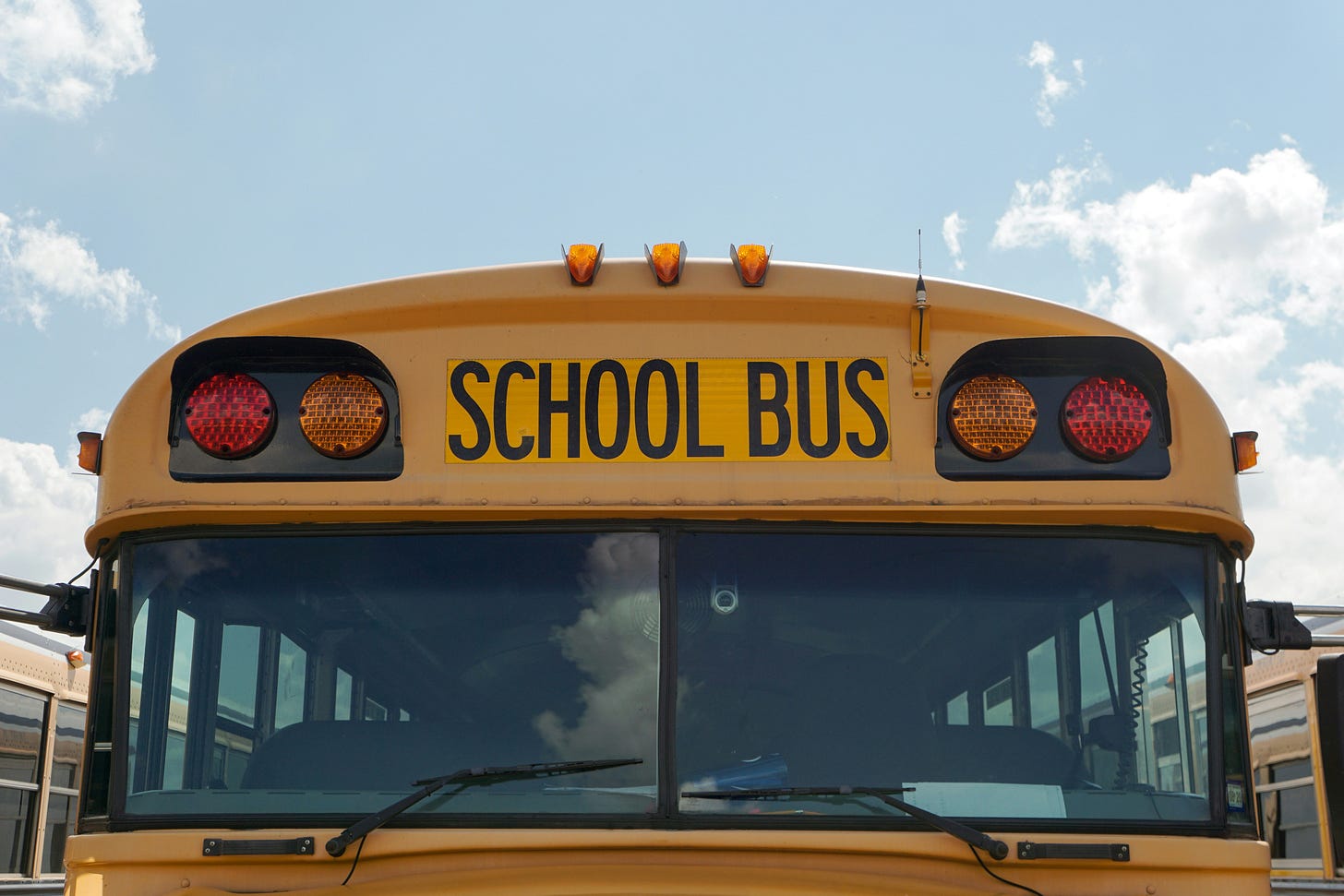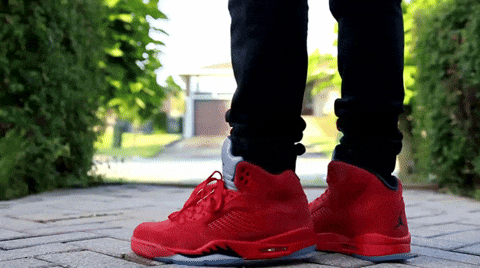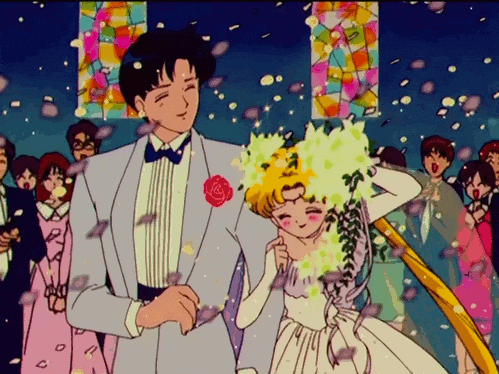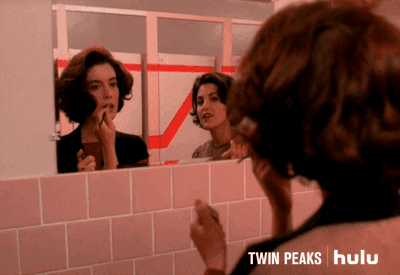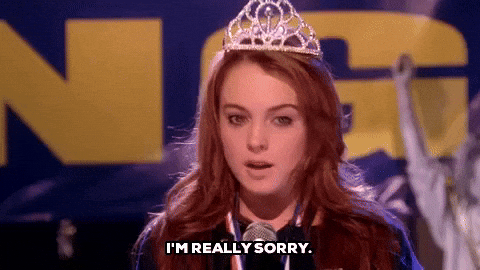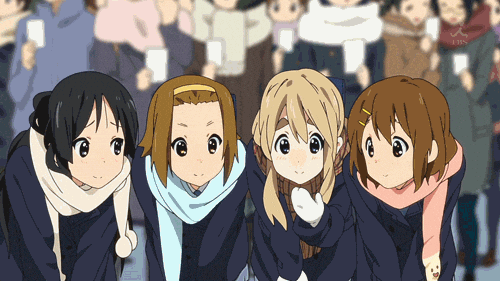Just Me Being Me: A Look Into My Own Little Post-High School Sob Fest
At the heart of it, what’s really discomfiting is the feeling that this insurmountable distance between us shouldn’t be there in the first place.
Just Me Being Me is literally just me being me, living my life outside my comfort zone when it happens as it happens. Since I’m a dedicated introvert, this doesn’t happen much, which makes it doubly interesting when it does.
This is a rework of a really old piece of mine—I submitted the original to a site called “New Slang,” which no longer exists online, sometime before 2010. I remember being proud of this work, but now it’s so cringe-worthy—which is okay with me, and why I’ve reworked and reposted it. Gotta kill the part that cringes to be a better version of myself.
Early in college, I had always assumed that my high school barkada¹ get-togethers in the far-off future would play out like “Gimik: The Reunion.” I thought I’d be like Ese (Jolina Magdangal), who kept in constant touch with her old friends. As it turns out, I’m Diane (Judy Ann Santos), who appears OUT OF NOWHERE in the movie’s last five minutes.
You heard me right. I’m the Judy Ann Santos of my own little sob fest reunion flick. But unlike Judy Ann, I’m not there for five minutes because I turned out to be the highest-paid actress out of the bunch. I’m there because the scene needed an extra, and I just happened to be around.
That Special Kind of Glue
In “Romy And Michele’s High School Reunion,” there is a scene where Michelle (Lisa Kudrow) is talking to Christie (Julia Campbell), and she pretends to be the inventor of the “special kind of glue” that’s used on Post-Its. That scene could be a template for all these unavoidable moments when I run into my old high school kabarkadas², and they inevitably ask, “So, how’ve you been?”
I have an 8 a.m. to 5 p.m. job that has nothing to do with what I took up in college, which nets me a laughable five-figure salary. After work, I spend my free time pretending I am a vampire in a cross-continental role-playing game I’ve got going with my friends on Google Wave. During the weekends, I play video games and participate in board game nights in between running errands. Altogether, I am too honest, but I mercilessly do not leave anything out. With a nervous smile, I mention all of this quickly and in a practiced manner, perhaps to resist the temptation to tell a white lie or two, as Michele did. Immediately, I am visibly embarrassed—and then embarrassed that I am embarrassed. I break eye contact and look down only to see expensive-looking, high-heeled shoes, which leads to the realization that I am—more often than not—wearing scruffy sneakers.
Well, Good Luck With That
This ridiculously orchestrated answer is usually met with bright smiles and smatterings of polite phrases like “That’s great to hear,” “How interesting,” and my personal favorite, “Well, good luck with that!” Our eyes don’t meet for the rest of the conversation, which progresses to how THEY’RE doing: who in our class got married, who’s expecting kids this year, and how they have to go in a bit because they’re on their way to something important. By the time I get over my embarrassment, it’s their turn to feel ill at ease. It always seems like they never know just how to end the conversation. Do I expect to be invited to their child’s baptism? Should they add me to the barkada e-group³? Will I be offended if they leave? No, no, and no. But how do you tell them that without sounding defensive or uncaring? Although I was never the nerd that everyone picked on in high school—let’s face it, we were all nerds in Pisay⁴—whenever this happens, I feel like that weird kid that no one wants to talk to for long.
Why do I get so embarrassed? And while we’re at it, why do I feel compelled to answer a casual greeting with a concise description of my life? “Fine. How about you?” is just as acceptable. I suppose it’s because I’m always hoping for a different reaction. Genuine enthusiasm instead of polite interest, maybe.
None of my old friends seem to have retained or gained a passion for the things I love—board games, video games, young adult literature, fantasy and science fiction, or even music. My former partners in crime are now doctors, engineers, lawyers, scientists, and professors—most of them, anyway. From sharing with them the most excruciating, most uncomfortable moments of my high school life a decade ago, I now find that, more often than not, we no longer have any common interests.
Some of them are living the dream with upwards of five- to six-figure salaries, a house, maybe a car, and plans for—or pictures of, depending on when I run into them—a traditional Filipino church wedding and a family. A few are on their second or third educational degrees, on top of working full-time jobs. Even on Facebook, they “like” and comment on the most arbitrary and mundane things I post—motivational quotes, current events, and pictures of celebrities. Meanwhile, the stuff that’s really indicative of who I am tends to be ignored, like prime rib steak at a vegetarian picnic.
We Said We’d Always Be Friends
We said we’d always be friends. Like the nuns in “Sister Act,” like The Supremes, like the Pink Ladies in “Grease,” like Romy and Michele—we affirmed and reaffirmed our bonds of friendship with unison singing and similar outfits. It was in high school where, despite the horrible grades I was getting, I finally felt like I belonged. SO WHAT HAPPENED?
At the heart of it, what’s really discomfiting is the feeling that this insurmountable distance between us shouldn’t be there in the first place. We shared heartrending, soul-crushing, nerve-wracking life experiences! Come on. We were the Sisterhood of the Traveling Hair Doctor comb⁵! We knew each other’s locker combinations, hung out at the mall after school and on weekends, and even formed study groups during exam week. We borrowed each other’s mobile phones, magic diaries, t-squares, scientific calculators, and soldering irons. We cheered each other on during Dance Dance Revolution dance-offs, volleyball matches, and soccer games. We schemed together to circumvent curfews and got to know each other’s parents to avoid having to deal with chaperones or maids⁶ watching us from a distance while we went bowling or ice skating. We witnessed each other’s first crush, first love, first heartbreak, and first bitter utterances of “I’ll never love again.”
More than the usual teenage, angst-ridden issues, we had to deal with coming of age in Pisay. (Auraeus Solito’s “Pisay” was an excellent, but not exact, approximation of what we had to deal with—sans 80s references, of course.) On top of pimples and school dances, we had to contend with suddenly not being the best and the brightest. We had to contend with being just like everybody else. Elementary school valedictorians were a dime a dozen in my class. I personally went from being a math genius in the sixth grade to a math idiot a month into my freshman year, so much so that I almost flunked out of high school because of trigonometry when I was a junior. And EVERYONE could write. Not everyone excelled in English, but it was more out of laziness than anything else. Almost everybody was taken down a notch or two—some never recovered. We arranged class sleepovers at my house, which inevitably turned into all-nighters as we raced to memorize facts and formulas and finish various class and group projects. We were there for each other after every brain-sucking long test. We held hands every time final exam results were given out. Ned Vizzini perfectly captured my high school life with these words uttered by the protagonist Craig Gilner from the novel, “It's Kind of a Funny Story”: “I wasn’t gifted. I was just smart, and I worked hard. I had fooled myself into thinking that was something important to the rest of the world. Other people were complicit in this ruse. Nobody had told me I was common.”
Then, Just Like That, It Ended
Then, just like that, it ended. High school was over in four years, and we all moved on to different schools. It took me a while to realize I had lost the one thing I had in common with them. Besides surviving Pisay, there’s not much else that’s unique about what we had together—at least for me. I was in denial for years, but halfway through college, I finally accepted that we had drifted apart.
The question is not even about what happened anymore—it’s a reflection of my frustration that things turned out this way. I had kept myself busy with things that didn’t include them in my life—making music, skipping class, and hanging out with new friends. It only worsened when I flunked out of the College of Engineering and shifted to U.P.’s School of Library Science. We tried to reconnect a bunch of times. They included me in birthday celebrations and nights out after work for a while. It always felt forced. We didn’t know the same people, we didn’t talk about the same things, we didn’t find each other’s jokes funny, and most of all, the rapport that we used to share was gone. I didn’t belong anymore.
I suppose that’s just how things were supposed to be: their interests remained generally the same while I started going in a different direction entirely. It’s a little like “Mean Girls,” near the end when the Plastics have basically disbanded because everyone’s busy doing their own thing. (And while we’re on the subject, does anyone else think that “Mean Girls” is a little like “Harriet the Spy”? That’s one of my favorite books, by the way.) Everyone’s happy, everyone’s okay. It’s just that everything’s different now. That’s what happened.
Which brings us right back to: “So, how’ve you been?”
I haven’t run into any of my high school friends in months, and I’ve grown up considerably since. After much mucking about with maybe half a dozen creative-slash-business ventures and around the same number of cliques, I think I’ve finally settled into who I really am. Hopefully, the next time I run into someone from Pisay, it won’t be so awkward because most of the awkwardness is probably all in my head. Maybe instead of the nervous smile and the concise description of my life, I’ll stand up, give them a hug or two, and say, “I’ve been great! What’s new with you?” with the same genuine enthusiasm that I used to wait for from them. Then, hopefully, an actual conversation—devoid of standard phrases and polite nodding—will follow. Who cares if we have nothing in common? After all, worrying about what other people think of you is SO HIGH SCHOOL. Yes, I do appreciate the humor in that last sentence.
To Much More Awkward Stories
Some people get to have a Romy to be a Michele with, while others don’t. That’s the way it goes. I GET IT NOW. For the longest time, I carried this guilt with me. I felt like it was my fault that I let my close friendships deteriorate. Now, I realize that some friendships are meant to do that. We’re meant to have awkward moments with former(-ly close) friends.
Friendships that survive changes in schools, jobs, boyfriends, interests, and passions are indeed one in a million—feel lucky if you’ve already found a few, and enjoy the privilege of them being there for you whenever you happen to freak out and tell them other, much more awkward stories.
¹ Tagalog word for gang, clique, or group of friends. From the Spanish word barcada, meaning shipload.
² Tagalog word for someone in your group of friends.
³ Wrote this so long ago that having email groups was still a thing. Facebook had just gotten popular back then.
⁴ Slang for Philippine Science High School (PSHS), a government-funded school where they gave intellectually gifted students monthly stipends for surviving a challenging curriculum.
⁵ Having a Hair Doctor comb was very trendy when I was in high school—and you never wanted to lend it to anyone you weren’t close to because you wouldn’t want to lose it.
⁶ In Philippine society, having household help—maids and drivers—is common for middle- to upper-class families.
Photo by Thomas Park on Unsplash
If you’ve enjoyed reading this or something else I’ve written, please consider buying me a coffee. ☕ Thank you!



